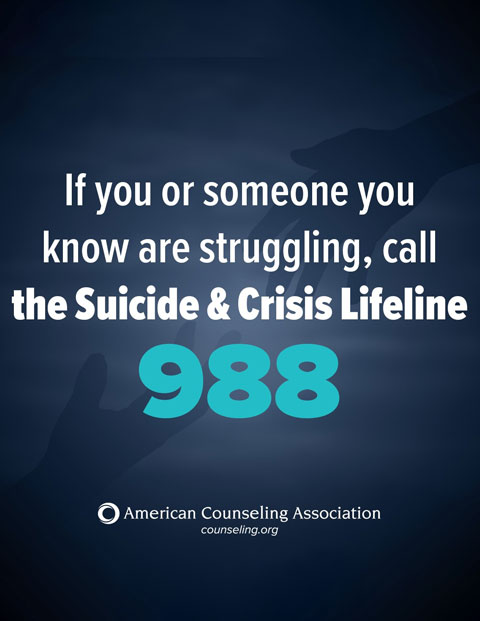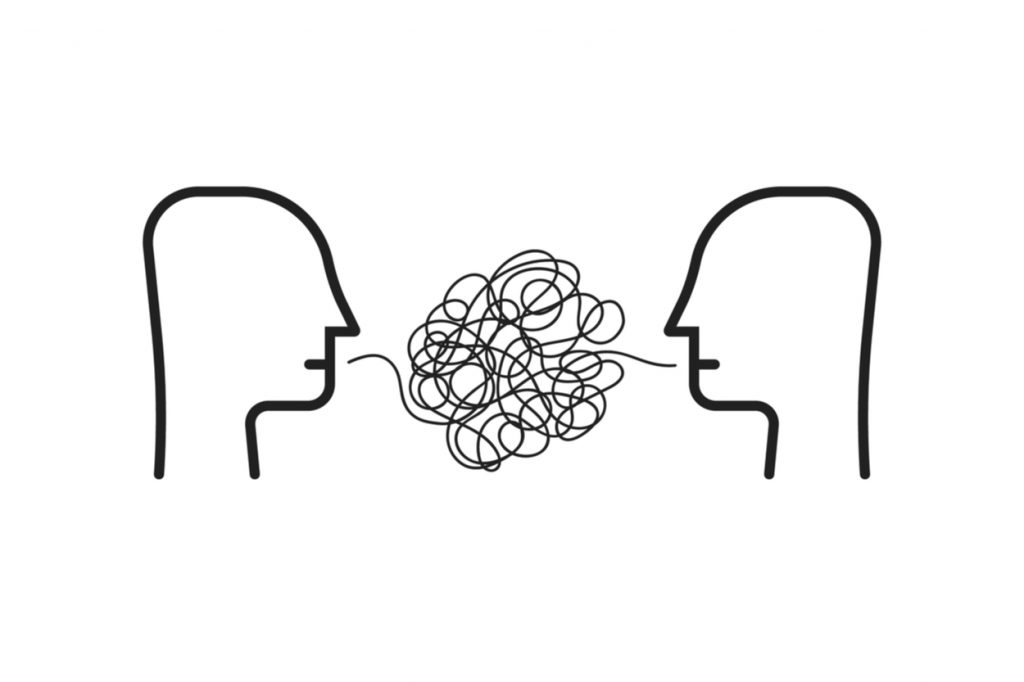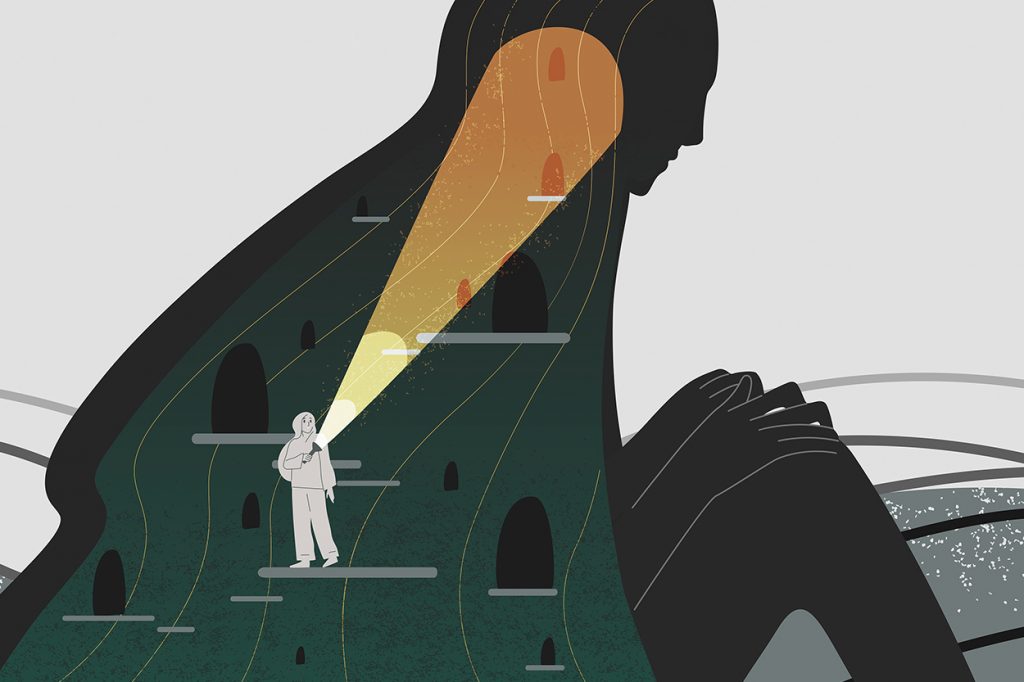
Suicide affects all ages and groups
Throughout the month of September, mental health organizations around the country recognize Suicide Prevention Month. However, working together to develop our collective understanding and awareness of suicide in order to prevent it is something we need to be doing every day. Talking to a counselor about any questions you have about how to help support others or how to get help for yourself is a great place to start.

Call or Text 988
The 988 Lifeline is a suicide and crisis lifeline, which uses a network of 200+ local crisis centers to connect people with 24/7 free and confidential support.
The 988 Suicide & Crisis Lifeline’s specialized support for LGBTQ+ youth is at risk. Please advocate for LGBTQ+ youth mental health and tell your legislators to support and continue to fund the 988’s specialized support for LGBTQ+ youth.
ACA SUICIDE RESOURCES HELP ONLINECrisis Center Information
In addition to the 988 Suicide and Crisis Lifeline, the following resources are available if you, or someone you know, need help:
- Veterans Crisis Line: 1-800-273-8255, press Option 1
- Trans Lifeline: 1-877-565-8860 (U.S.) or 1-877-330-6366 (Canada) The Trans Lifeline’s Hotline is a peer-support service for trans and questioning individuals in crisis. All operators are trans-identified.
- Trevor Lifeline: 1-866-488-7386 The only national 24/7 crisis intervention and suicide prevention lifeline for LGBTQ young people under 25.
- TrevorText: A free, confidential, secure service in which LGBTQ young people can text a trained Trevor counselor for support and crisis intervention, available Monday–Friday from 3–10pm ET / Noon–7pm PT by texting START to 678678.
- Crisis Text Line: Crisis Text Line is a crisis-intervention hotline that conducts conversations exclusively by text message. Trained crisis counselors are available 24 hours a day.
- Disaster Distress Helpline: 1-800-985-5990 - SAMHSA’s Disaster Distress Helpline provides 24/7 crisis counseling to people experiencing emotional distress related to natural or human-caused disasters.
- Mental Health - Warm Lines: Warm lines are confidential, peer-run listening lines staffed by people who have experienced mental health conditions themselves.
Related Articles from Counseling Today
General Public Resources from the Counseling Corner
Clinical Depression Is Much More Than Feeling Sad
Spring is often a favorite time of the year. Warmer temperatures, longer days and increased opportunities to get outside and enjoy nature. And yet, for large numbers of people, the changes in weather and long days do little to overcome their serious feelings of sadness.
The reality is that we all experience mild forms of depression at various times. It's a normal human emotion, a common response to a loss, a failure or a disappointment. When things in our lives don't go quite as we planned or desired, it's very natural to feel blue or sad about what has happened.
But this emotion that we know as ordinary depression is not the same as major depression. Clinical depression is a serious emotional and biological disease, a long-lasting condition that has serious negative implications for our lives. It is a medical condition that affects our moods and feelings, as well as our behavior and physical health.
Clinical depression can be treated, but can often be hard to diagnose from the outside. If someone close to you has the flu or a sprained ankle, the problem is obvious. But the symptoms of serious depression can be harder to spot, especially when the person's depression causes them to withdraw from relationships.
In addition, the feelings of sadness and low self-worth that major depression can bring on make it difficult to self-diagnosis, admit to and seek treatment for what they're experiencing.
Yet there are clear, recognizable symptoms of serious depression. Most common are major changes in sleep habits or appetite patterns. Clinical depression can make concentrating harder, and increase feelings of fatigue and lethargy. A depressed individual will often lose interest in their usual activities, have feelings of hopelessness or guilt, and will suffer from low self-esteem.
Clinical depression's most serious effects can be self-destructive actions. They can range from excessive use of alcohol and drugs to suicide.
If you, or someone you know, is displaying any of the symptoms of serious depression for more than a period of two weeks, or if they talk about or display intentions of suicide, seek medical help. A family physician or local mental health clinic can be a good starting point. Treatments ranging from medications to ongoing sessions with a professional counselor can help overcome the problem in many cases. But major depression is a mental health issue that needs to be addressed.







